Dear Members of the Senate HELP Committee,
On behalf of a community of almost 15,000 active members, we write in support of Chairman Sanders’ proposal of allocating $1 billion annually to the NIH for Long COVID research over the next decade, and we urge you to dedicate an equitable portion of this funding to pediatric Long Covid research.
Long COVID can happen to any child, even if they had mild or no symptoms during their COVID infection. Long COVID affects what a child is able to do during a day, like how they play or if they are able to go to school. Some children may have symptoms that do not go away after their COVID infection; some may start to feel better and then start having new symptoms. Recent data suggests that while around 18 million adults are affected by Long Covid, an estimated 5.8 million children in the United States have also been impacted, meaning that one in every four individuals affected by Long Covid is a child.
Additionally, it is estimated that 20% of all acute COVID cases are children. Children are exposed repeatedly to infection in often crowded, poorly ventilated classrooms and daycares, putting them on the front lines of each new COVID variant. We likely won’t know the true impact on young people for years. Therefore, it is crucial that funding for Long COVID research aligns with the significant community impact and addresses the unique challenges faced by pediatric populations.
The Chairman’s proposed initiatives to tackle Long COVID are indeed commendable, yet there is an urgent need for dedicated funding to support pediatric research. Historically, pediatric research has received inadequate funding in comparison to adult diseases, leading to limited resources for studying childhood illnesses. Despite sporadic funding increases, financial backing for pediatric research has steadily declined over time, worsening existing disparities. Overcoming these financial barriers is vital to ensure that pediatric researchers have the necessary resources to enhance the health and well-being of children amidst the ongoing Long COVID crisis.
Moreover, the complexities in developing pharmaceuticals and medical devices for pediatric populations present substantial challenges, resulting in a slower pace of advancement compared to research aimed at adults. While regulatory standards are essential in ensuring the safety and efficacy of pharmaceuticals and medical devices for children, they often lead to prolonged approval processes, causing a shortage of industry-supported trials. As a consequence, adult medications are frequently repurposed for pediatric use without tailored design or pre-market testing for children. Addressing these barriers requires collaborative efforts among stakeholders to streamline trial protocols, enhance pediatric research infrastructure, and boost investments in the development of pediatric drugs and devices.
In summary, ensuring adequate funding for pediatric Long COVID research is crucial for the future well-being of our children. Without government funding specifically for pediatric Long Covid research, children with Long Covid will be left behind. This will impact an entire generation, and will have a ripple effect on national security, the economy, and the general well-being of our country for decades to come. It is essential that this landmark legislative proposal prioritizes funding for pediatrics to meet the urgent needs of affected children and ensure ongoing resources for pediatric-focused research efforts.
Regards,
Megan Carmilani
Founder & President
Long Covid Families

